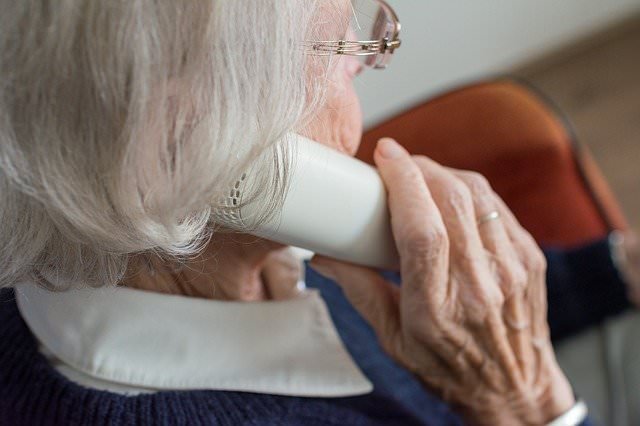
Chapter 7 Bankruptcy Services
A Chapter 7 bankruptcy is considered a "liquidation bankruptcy" and is primarily used by individuals, partnerships, and corporations that cannot repay creditors. With a Chapter 7 case, property is liquidated in accordance with the Bankruptcy Code and proceeds are used to pay creditors.
If you're overwhelmed by debt and don't see a realistic path forward, Chapter 7 offers fast and permanent relief. In many cases, people keep more property than they expect while most unsecured debts are completely wiped out. It's a fresh start backed by federal law, and we'll help you do it the right way.
More Chapter 7 Information Talk to Atty. Dave Falvey
Debt Settlement
An alternative to bankruptcy is Debt Settlement where you can permanently reduce interest rates, consolidate your debts into one payment and attend credit counseling. We provide debt settlement through consolidation as a non-bankruptcy option for those who qualify and where it is a better option than filing bankruptcy.
For people with steady income but rising balances, debt settlement can be a smart, private solution. You could resolve your debts for less than what you owe without going to court or filing bankruptcy. We'll review your situation honestly and help you choose what makes the most financial sense.
More Debt Settlement Information Talk to Atty. Dave Falvey
Stop Creditor Calls
When you file for bankruptcy an immediate legal shield called the "Automatic Stay" goes into effect. This stops all debt collection efforts in their tracks including phone calls, letters, wage garnishments, lawsuits, and even scheduled utility disconnections.
The relief is immediate and it's real. You'll finally be able to open your mail, answer your phone, and sleep at night without fear of another threat. If you've been feeling trapped, this protection is your way out and we're ready to activate it on your behalf.
More Stop Creditor Calls Information Talk to Atty. Dave Falvey
Discharging Student Loan Debts
While most borrowers won't meet the court's strict criteria for discharge, some do, especially in cases involving long-term disability, chronic illness, or overwhelming financial hardship. Even if discharge isn't possible, we can help you avoid costly missteps, understand repayment options, and protect your rights if collectors are involved. You don't have to navigate it alone.
Student loan debt is one of the most difficult types of debt to eliminate through bankruptcy, but that doesn't mean you shouldn't explore your options. We'll review your situation, explain whether you may qualify under hardship rules, and give you honest guidance on how to handle your loans when bankruptcy isn't the full solution.
More Student Loan Information Talk to Atty. Dave Falvey
 860-449-1510
860-449-1510